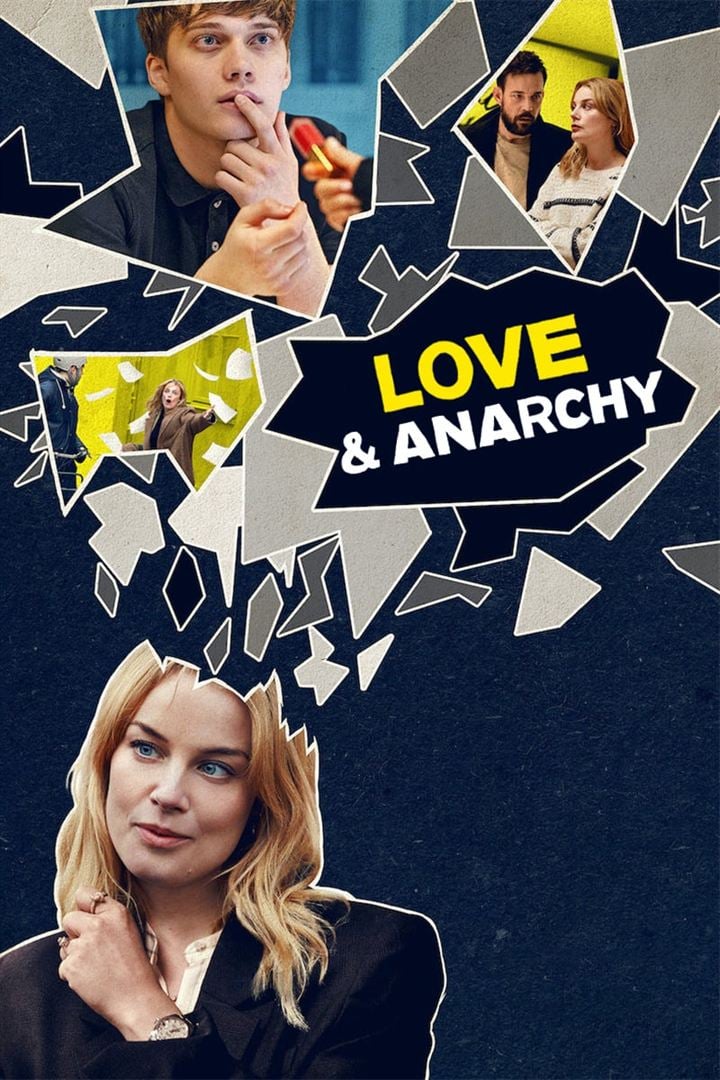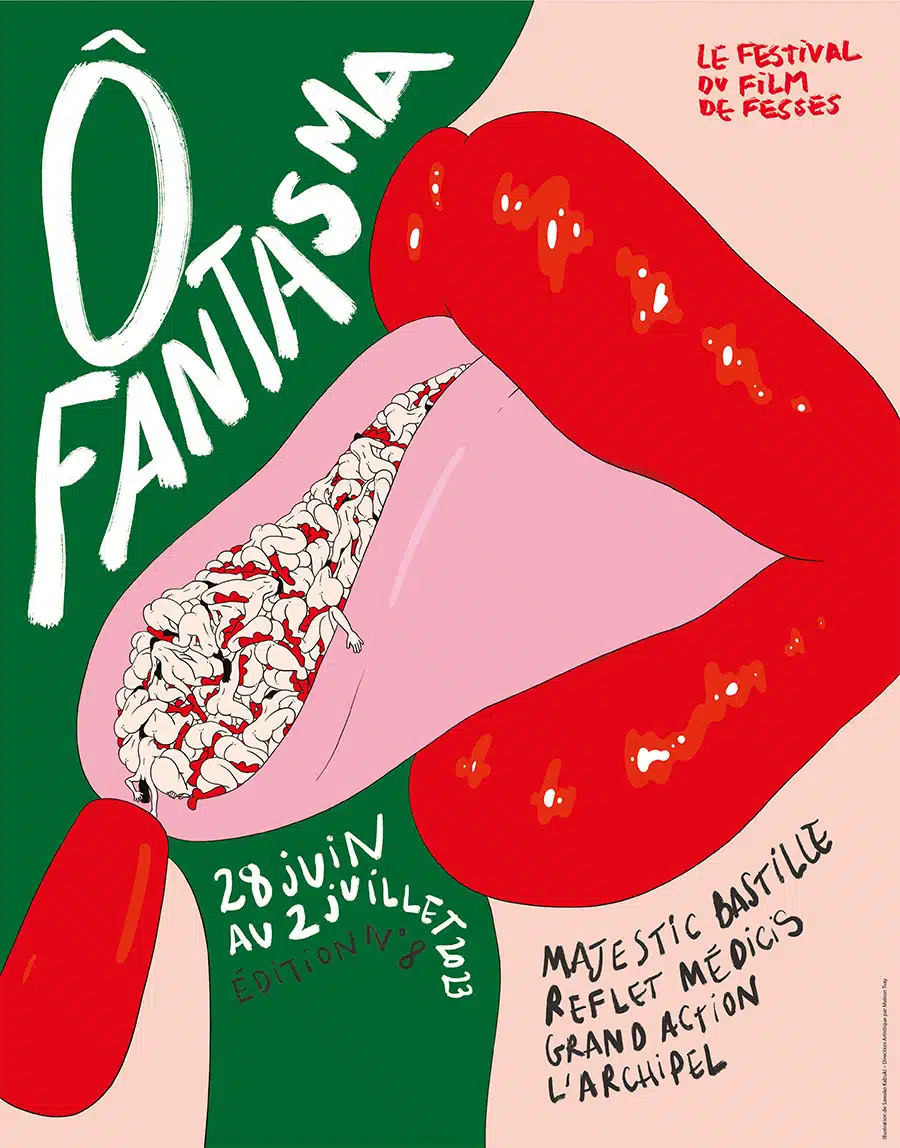The second Swedish Netflix exclusive series, Love And Anarchy is a short romantic series of 8 episodes of half an hour on average. It depicts the romance between Sofie, a mother, who has just been hired to save a publishing house on the verge of bankruptcy, and Max, a young computer scientist, who has just landed his first stable job. The series is punctuated by the dynamics of their story; Max will invent a challenge game where the two characters will have to go further and further in challenges that will question themselves and their perceptions of the world.
A different face of love
If a few years ago, a more mature woman and a young man shocked, here, only one character alludes to it. This is not an essential point. Nevertheless, many other aspects may be surprising at first. Indeed, the beginning of Sofie and Max's relationship is primarily due to the fact that Max filmed her while she was watching a pornographic movie at work. The other aspect that may seem shocking is Sofie's deception; she begins a relationship with Max despite being married for many years. In Love and Anarchy, the codes of romantic comedies are totally upset. Far from the image of damsel in distress or knight servant, the two characters are the opposite of the perfection of the characters of romantic films to which any spectator of this kind of films is accustomed. 
A poorly developed history
Despite a promising scenario, Love and Anarchy struggles to convince. The story seems almost forced as the characters know each other little. The only plot of this series is this game of challenges, which, certainly, contradicts social norms but which install little dialogue between the characters. It will be necessary to reach episode 5 for Sofie to learn just if Max has siblings. Here, events follow one another but have no links. This game, which acts as binders to the plots, is more like games of bored children than adults in active life. Like for example, when Max leaves the challenge to Sofie to walk backwards for several hours in a row or to come dressed as Cindi Lauper. In addition, the series begins a lot of intrigues but ends little. Many themes are discussed: Sofie's addiction to pornographic films, why Max's mother became detached from him… If the series clearly calls for a second season, it will probably end these plots which, more than being left in suspense, give the impression of having no real importance.
A critique of the modern view of literature
A large part of the series is devoted to the publishing house. Love and Anarchy makes here a real critique on the lack of interest in literature. If this publishing house sinks, it is because not only do people no longer read but also, that the world has changed. The character of Friedrich, one of the company's principal press officers and an important secondary figure, acts as the voice of a man at odds with modern society because of his pronounced taste for belles-lettres and who finds himself surpassed by them. We will see him try things, which are outside his comfort zone to surpass himself and it is this difficulty to do so, that makes him so endearing and so realistic for the viewer. Beyond this critique of modern society, it can also be seen as a metaphor for the inevitable evolution of the world. Just like Friedrich or the publishing house, it is inevitable to evolve to stay relevant.  If no second season is announced for now, the writers have very clearly left enough room for it to be done. Although it has not received any awards for the moment, Love and Anarchy has slipped into the top 10 of Netflix France, which could influence decisions vis-à-vis the possible production of a sequel. Neither totally bad nor excellent, this series has the merit of trying to do something new and manage to make interesting an amazing story on many aspects.
If no second season is announced for now, the writers have very clearly left enough room for it to be done. Although it has not received any awards for the moment, Love and Anarchy has slipped into the top 10 of Netflix France, which could influence decisions vis-à-vis the possible production of a sequel. Neither totally bad nor excellent, this series has the merit of trying to do something new and manage to make interesting an amazing story on many aspects.








































